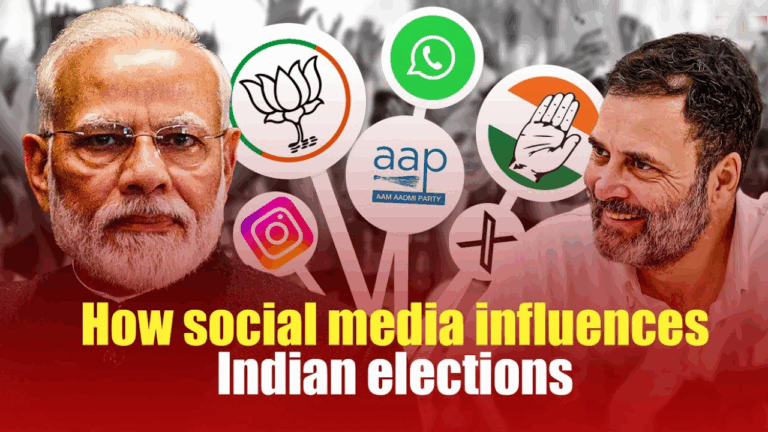Data Privacy in India: Are Citizens Truly Protected?
In today’s digital age, we use smartphones, make online payments, shop on apps, and share our photos and documents on social media. But have you ever wondered — what happens to all this information? Who keeps it safe? And more importantly, are Indian citizens truly protected when it comes to data privacy?
Let’s break it down and understand where India stands on this serious issue.
What Is Data Privacy?
Data privacy means keeping your personal information safe from misuse. This includes your phone number, Aadhaar, bank details, location, health records, and even your browsing history.
When you give this data to apps, websites, or government portals, it is their job to protect it. But do they always follow the rules? That’s where data privacy laws come in.
India’s Data Protection Law – The Basics
In August 2023, India passed a law called the Digital Personal Data Protection Act (DPDP Act). This law aims to give citizens more control over how companies use their personal data.
Here are some key features:
- Consent First: Companies must ask for your clear permission before collecting your data.
- Right to Delete or Correct Data: You can ask for your data to be changed or even deleted.
- Less Spam: Your data can’t be sold or misused for marketing without your permission.
- Watchdog Body: A new group called the Data Protection Board of India has been created to handle complaints and take action.
This sounds great on paper — but is it working in real life?
Real Incidents That Raise Questions
A recent case in May 2025 got people talking. The Karnataka High Court allowed the police to ask PhonePe, a popular payments app, for details of users linked to online betting.
While this was done to help in a police investigation, it sparked a big debate — is our personal transaction data safe, or can it be accessed too easily?
This is not the first time. In the past, there have been reports of data leaks from government portals, social media companies, and even telecom firms. These raise doubts about how seriously our data is being protected.
The Big Concerns
Though India now has a data privacy law, there are still some problems:
- Weak Enforcement: Just having a law is not enough. It needs strong action when rules are broken.
- No Clarity on Government Access: The government can still access data for “national interest,” but what this means is not always clear.
- Lack of Public Awareness: Many people don’t know their data rights. If you don’t know your rights, you can’t use them.
- Companies Not Fully Ready: Many small businesses and startups don’t yet follow the rules completely due to lack of clarity or cost.
What Should Citizens Do?
- Read Before You Click ‘Allow’: Always check what data an app is asking for.
- Use Trusted Platforms: Stick to apps and websites that clearly mention how they use your data.
- Raise Your Voice: If you feel your data has been misused, file a complaint with the platform and soon with the Data Protection Board.
Final Words
The new law is a good start, but India still has a long way to go when it comes to making data privacy a reality. In a country where digital usage is growing every day, protecting personal information should be a top priority — both for the government and companies.
As citizens, we must stay informed and demand better privacy standards.
For more updates on political reforms, public rights, and how they affect your daily life, follow Social Impact Insight — your trusted source for real, people-first news.







